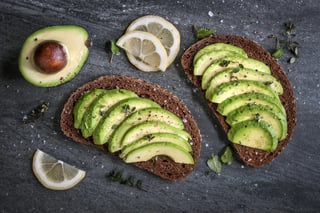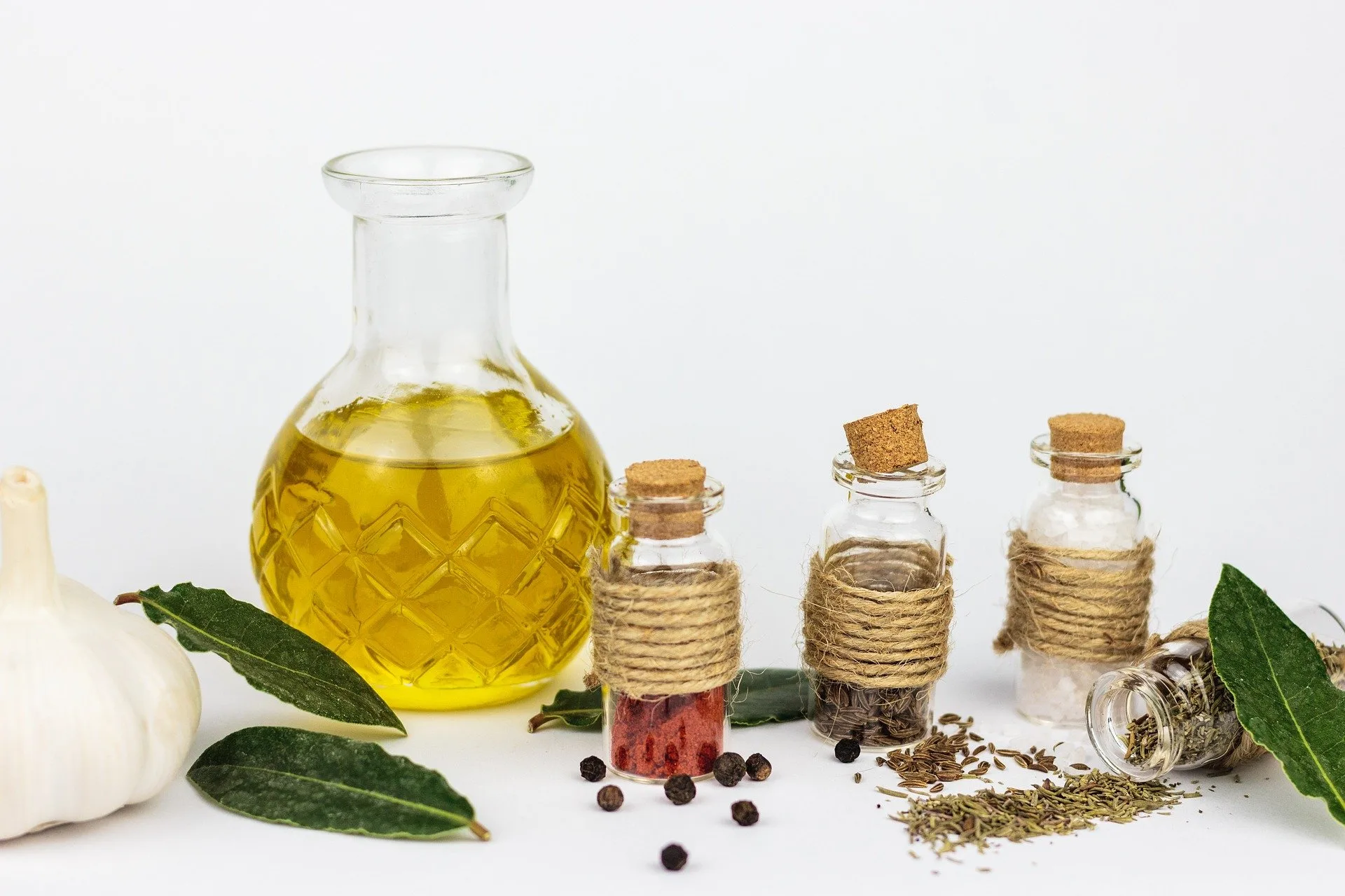Over the years, cooking oil has become a basic necessity for every kitchen. They help to speed up the cooking process, and they can also provide added flavor to certain meals. However, choosing the best oil can often be a daunting task especially when you consider not only the benefits but also the probable harm they can bring. Certain types of cooking oils that can be harmful are vegetable oils. These oils are rich in trans fats and when heated, they can release free radicals and other harmful toxins that can lead to cardiovascular health problems. This is why it’s especially important to be careful when choosing an oil.
Cooking oils breakdown
Most oils are more or less equal in calories. One notable difference is their composition of saturated, monounsaturated, and polyunsaturated fats. This composition determines what effect the oil can have on the human body. The following factors are important to consider when selecting your oil:
1. Processing
The way in which oil is processed can determine how beneficial it is. An oil that has been cold-pressed means that it has been pressed at low temperatures, retaining all its flavors and nutrients that would have been lost through heat. Oil-pressing (expeller-pressing) is another way in which oil can be processed. It sees the oil is extracted mechanically as opposed to chemically.
2. Smoke point
The smoke point is the temperature at which the oil becomes too hot. Once the oil reaches its smoke point, it begins to break down and lose its nutrients. Some oils have higher smoke points than others and this makes them perfect for high-heat cooking such as frying. Oils that have low smoke points are best kept for applications that require zero heat. Also, when oils are exposed to too much heat, they go through oxidation, producing by-products that may be toxic. That being said, be sure to choose oils that are composed mostly of monounsaturated fats as these are less sensitive to heat.
Lastly, all the oils listed below are low in saturated fats, making them viable options for your kitchen.
Types of cooking oils
Avocado oil
Avocados are praised for being rich in good fats, which is why it’s no surprise that avocado oil should be the same. Due to its rich nutritional content, studies have highlighted not only its antioxidant abilities but also its capability to reduce bad cholesterol, whilst promoting good cholesterol. Avocado oil is also a good source of carotenoid lutein, which has been linked to promoting eye health. Avocado oil also has a high smoke point, thus it can be used in a variety of ways in the kitchen, be it stir-frying or sautéing.
Coconut oil
Coconut oil definitely has to be one of the most discussed cooking oils in the world. Although coconut oil is often viewed as a healthy oil – with studies highlighting its ability to reduce inflammation and lower bad cholesterol – there is research that suggests that the oil is just as healthy as butter. Coconut oil is high in saturated fats, and a high level of saturated fats in the body is a precursor to heart disease.
According to a review published in the journal Nutrition Reviews, people that consumed coconut oil had higher levels of bad cholesterol, although the levels were slightly lower than those who used butter. However, coconut oil can also raise your cholesterol, which is why researchers recommend that it only be used sparingly. For vegans, coconut oil can also be used as an alternative to butter when baking. In the case of coconut oil, moderation is key, as is the type of coconut oil used. Opt for virgin coconut oils, since it’s organic and have been through limited processing.
Flaxseed oil 
Flaxseed oil is derived from flaxseeds, and it’s a good source of omega-3 fatty acid alpha-linolenic acid (ALA). This fatty acid helps to reduce inflammation as well as improve heart health. Studies have also highlighted its ability to lower blood pressure. Flaxseed oil should not be heated and should rather be used for drizzling salad dressings.
Olive Oil
Made from ripe olives, olive oil is one of the most sought-after cooking oils, due to it being a staple of the Mediterranean diet. Being extremely rich in monounsaturated fats, studies have shown how olive oil promotes heart health and reduces the risk of heart disease.
Studies have also linked extra virgin olive oil with a lower risk of neurodegenerative cognitive decline, breast cancer, and depression. The difference between extra virgin olive oil and regular olive oil is that the regular oil has been filtered. It thus has a neutral flavor and a higher smoke point than extra virgin. Although you can fry food with regular oil, it has fewer nutrients and a much milder taste. Due to its flavorful taste, extra virgin olive oil can be used as a dressing, sautéing, or even a bread dip. Regular olive oil has a higher smoke point thus it can be used for frying.
Peanut Oil
Peanut oil is extremely rich in antioxidants, omega-6, vitamin E, and it contains both monounsaturated and polyunsaturated fats. This composition promotes heart health, and it also helps lower bad cholesterol. Due to its polyunsaturated fats content, it’s best to not cook with the oil as it may cause oxidation. Use it as a salad dressing instead.
Sunflower Oil 
Extracted from sunflower seeds, sunflower oil is perfect for heart health as it contains both monounsaturated and polyunsaturated fats. It’s also higher in vitamin E than other oils. It has a high smoke point making it perfect for frying. Also, sunflower oils that are high-oleic versions have been improved to be richer in oleic acid and this increases their level of monounsaturated fats.
Sesame oil
Often used in Asian, Indian, and Middle Eastern cooking, sesame oil is high in omega-6. It should preferably be used for sautéing and dressings due to its low smoke point. Furthermore, according to a study published in the American Journal of Medicine, sesame oil (when combined with rice bran oil) can be beneficial for individuals dealing with diabetes. Participants who used the oil blend in their daily cooking showed improvements in blood sugar control and bad cholesterol a few weeks later.
Oils to avoid
Like coconut oil, palm oil is extremely high in saturated fat and it is best avoided. Oils labeled as “partially hydrogenated” should also be avoided, as such oils are made from vegetable oils, thus making them trans fats. Trans fats are so potentially harmful that the FDA ruled that manufacturers need to remove all trans fats from their products by 18th June 2018.
As for cooking sprays – while they’re practically free of calories – they don’t provide the nutrients that actual oils can provide and some may have unhealthy additives.
Caring for cooking oils
Here are a few things to keep in mind if you don’t want your oils to go rancid. Don’t buy large batches at a time and keep them in a cool, dry, dark place. Lastly, be sure to screw the lid back on tightly, once you’re done using them.
Click here to find out about a prominent ingredient in most foods – called HFCS – and find out why this should be avoided at all costs.



